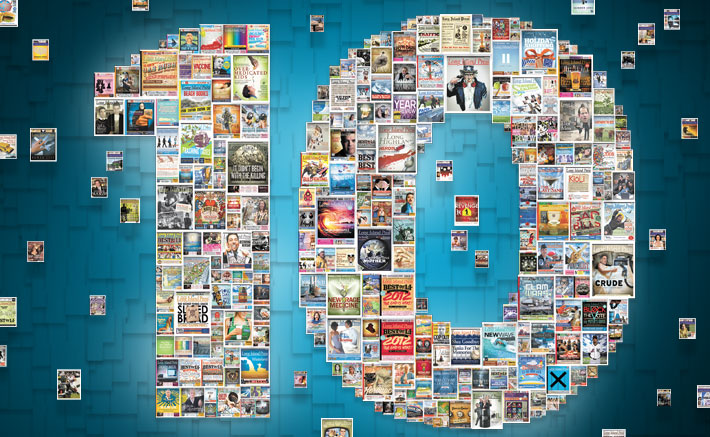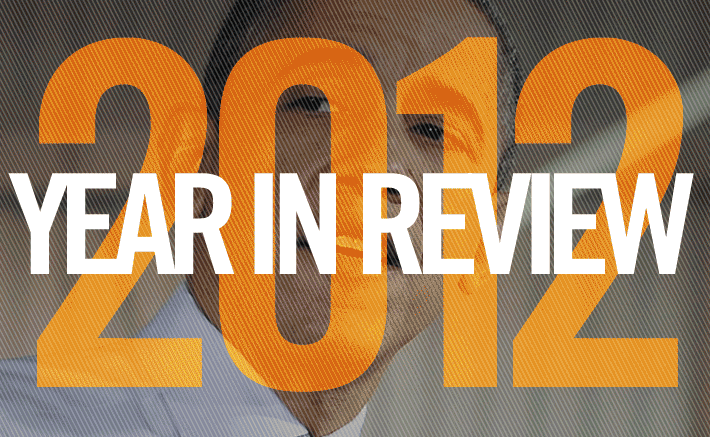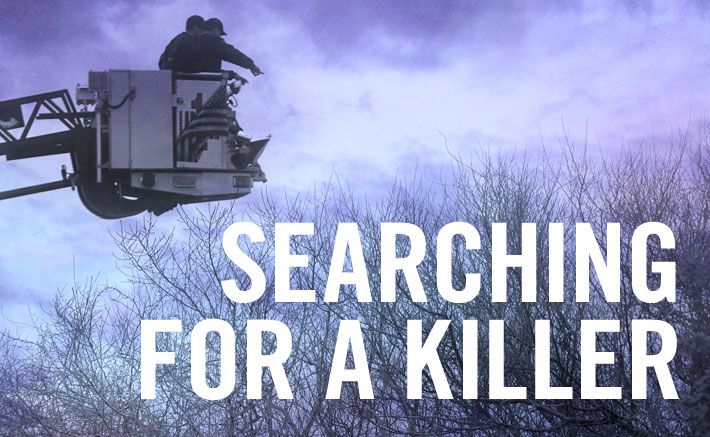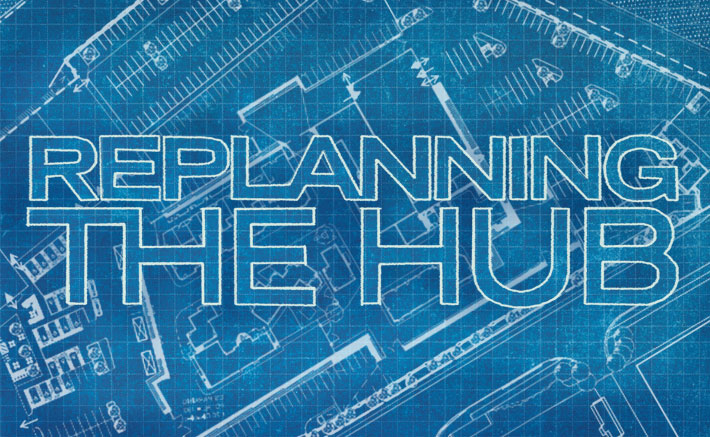
I started out at the Long Island Press as an intern and one of my first jobs was to hand out mail, which should have only taken about five minutes, tops, except I had a package for Christopher Twarowski, whom I hadn’t met yet and couldn’t find.
Everyone pointed me in the same direction—Chris sat at the last cubicle on the left. But where was that? I felt like an idiot. Then I saw something move from under what I thought was just stacked boxes and mountains of papers. I found Chris.
A few weeks later, the receptionist stormed out only to return a few days later. They didn’t take her back, which is probably the only reason I’m still here today. The Press had no job openings at the time and my internship would have ended a few months later, so when a chance came to work full-time answering the phones, I jumped on it.
Soon it was me piled under a mountain of papers, specifically, envelopes, when I mailed out thousands of issues every Thursday. I would fight with a printer that always seemed to jam, then stack the envelopes around my desk, fort-style. In between all of this, I’d write for the paper every chance I got as the phone rang off the hook.
One week we didn’t print a crossword and I found out just how passionate people are about their puzzles. As I was being yelled at on one line, two other lines were ringing off the hook. I overheard some lady in the waiting room say, “How hard could it be to push buttons on a phone?” I wanted to hurt her. But instead I took the above photo.
Over the past six years, I’ve done things I’d never in my life thought I’d be doing because of the Press—riding in a stunt plane, working backstage at a concert, dancing in the St. Patrick’s Day Parade dressed up as a 6-foot panda, interviewing a Holocaust survivor. While most companies were having crazy holiday parties a few years ago, our publisher, Jed Morey, told us the whole company would be spending the day at the Holocaust Museum instead.
I was assigned to Gallery One.
All the pictures in Gallery One were happy, filled with smiling families. I remember sitting on the floor thinking, “How am I going to write 700 words on this?” Then I realized that this room, which most visitors probably walk quickly through, was really the most horrifying. This was the before, when everything was normal, the way my life was at that moment. It was in this room that something changed to make all the horrible pictures in the other galleries possible. But if I was just visiting, I would never have known that. And it was that day I realized what the Press was about—making sure people know how important all the other Gallery Ones of the world are, whether they’re in a museum, or in the brush beyond a roadside memorial on Ocean Parkway.
There are many stories that need to be told, and for the past six years, it’s been an honor being part of a team that has always been so passionately willing to tell them.







